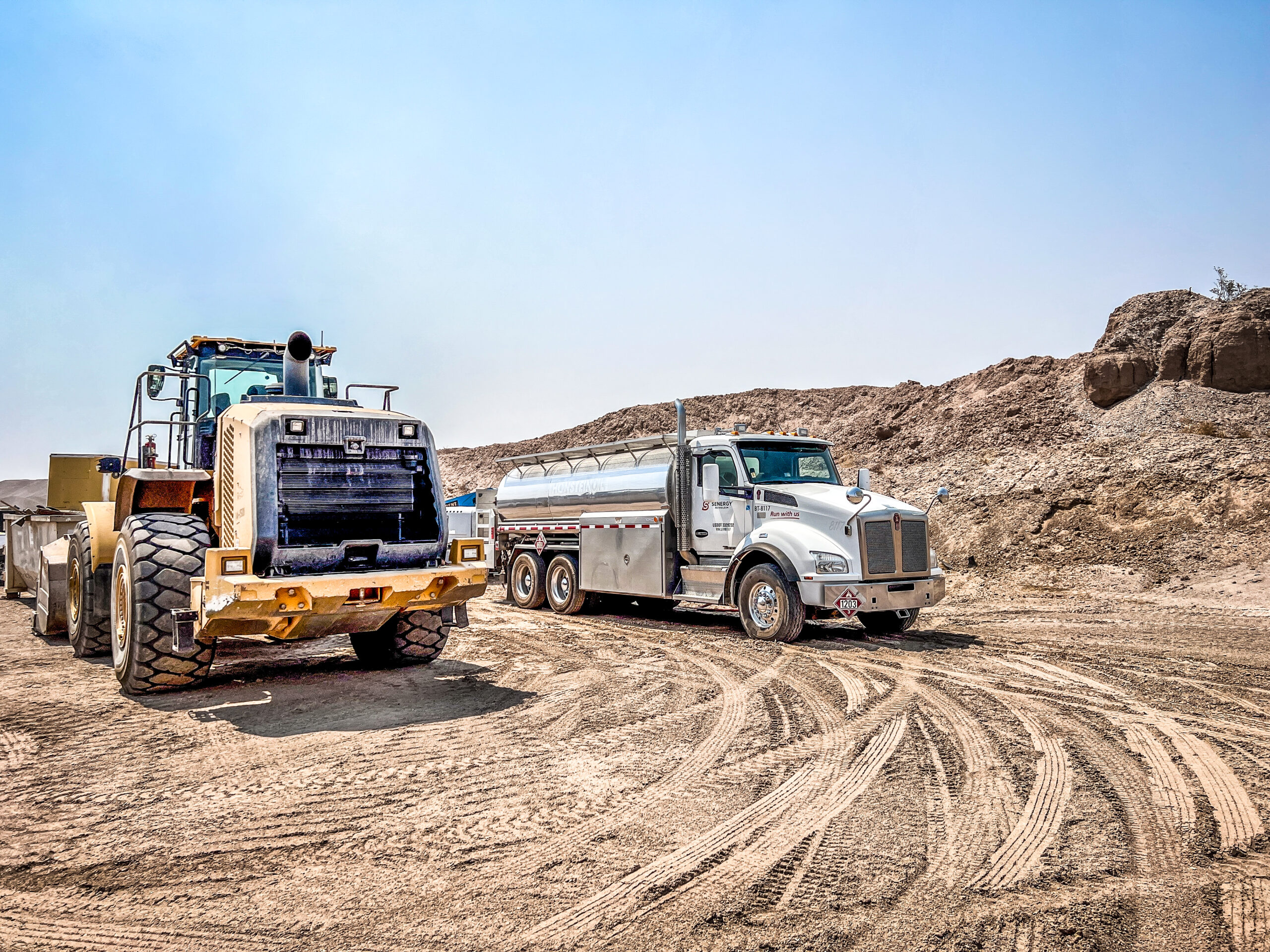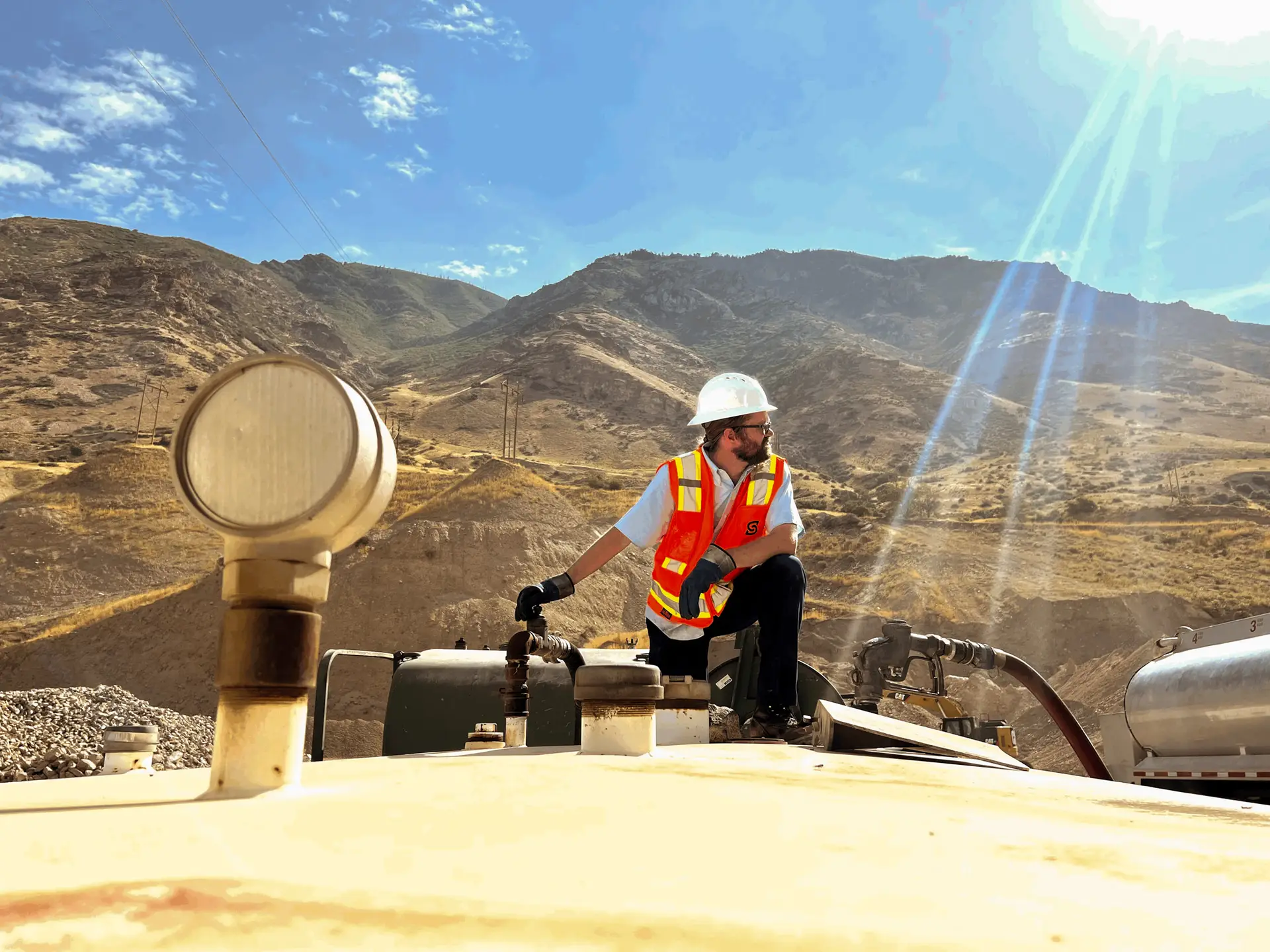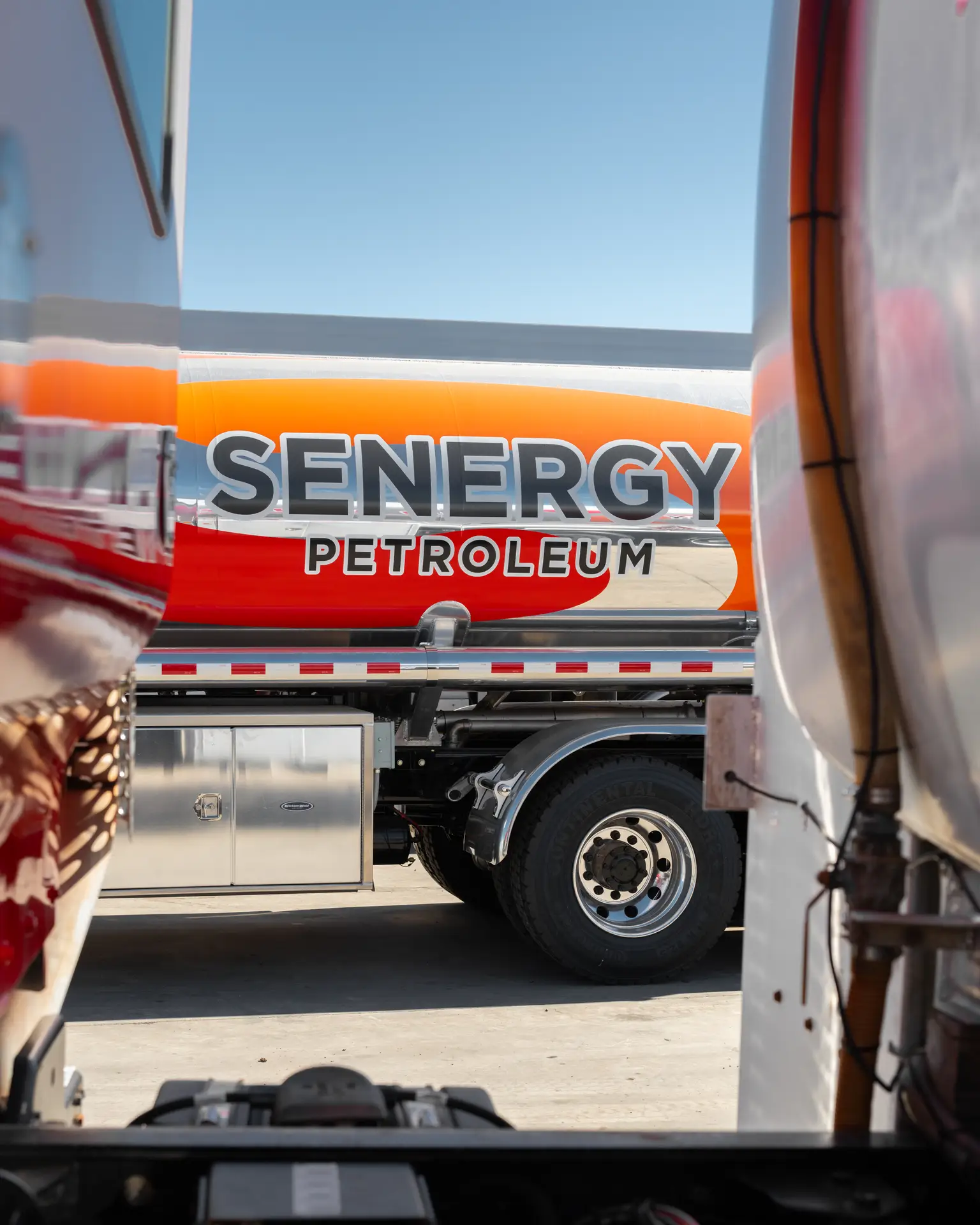Emergency Fuel Delivery: A Safety Net for Your Fleet
For businesses operating fleets—whether in transportation, farming, construction, or government—fuel is the lifeline that keeps vehicles and equipment moving. When tanks run low unexpectedly, downtime can halt operations and create significant financial setbacks. Emergency fuel delivery serves as a vital safeguard, ensuring that trucks, generators, and heavy equipment continue running without costly interruptions. Shortages caused by miscalculations, fluctuating supply, or sudden demand don’t have to disrupt operations. Timely refueling provides a reliable solution for maintaining productivity and avoiding the ripple effects of stalled work. In today’s fast-paced industries, every minute counts, and dependable fuel support is not just a backup plan but an essential element of operational resilience.
Why Fleets Need Fuel Contingency Plans
Fleet managers know that no matter how carefully operations are planned, the unexpected cannot always be controlled. Whether it’s adverse weather or sudden increases in fuel consumption, unforeseen circumstances can drain supplies faster than anticipated. Without a proper fuel contingency plan, fleets may sit idle on job sites or highways, leaving equipment and drivers unproductive. Effective planning includes establishing reliable backup arrangements with providers who can deliver emergency fuel quickly when standard fueling methods fall short. For agricultural businesses, delays can threaten harvest windows. For construction companies, idle heavy equipment can cause project costs to escalate. Fuel retailers risk losing credibility if they cannot meet customer demand. Having a trusted backup fueling option ensures business continuity, protects profitability, and reinforces customer confidence.
Business Continuity with Fleet Emergency Fueling
An idle fleet represents more than parked vehicles—it results in missed orders, rerouted deliveries, and reduced customer satisfaction. Emergency fleet fueling has become a critical solution for companies that cannot afford downtime. These services provide the convenience of fuel delivered directly to vehicles or job sites at a moment’s notice, ensuring operations continue even during unexpected disruptions. For government agencies, timely refueling can be the difference between completing a mission or falling short. For logistics providers, dry tanks can jeopardize delivery schedules and service commitments. Emergency fueling eliminates these risks by keeping fleets operational on highways, rural routes, and job sites. With a trusted fueling partner, businesses gain the assurance that no matter the circumstance, fuel will be available to maintain reliability and continuity.
24/7 Fuel Services as a Safety Net
Situational emergencies rarely occur at convenient times, making 24/7 fuel services an essential safeguard for fleet managers. Around-the-clock fueling support ensures assistance is available when unexpected issues arise—whether a truck requires refueling overnight or a generator powering critical infrastructure runs low on a weekend. Unlike scheduled deliveries, emergency service prioritizes rapid response, minimizing downtime and restoring operations quickly. This flexibility is particularly valuable to industries such as agriculture, where seasonal demands drive continuous equipment use, or construction, where extended hours are often required to meet deadlines. Fuel retailers also rely on 24/7 availability to avoid outages during peak demand. With a supplier ready to respond at any time, businesses can keep fleets moving and operations uninterrupted. In today’s demanding industries, continuous fuel access is not a convenience—it’s a necessity.


Protecting Profits with Reliable Refueling
Fuel shortages are more than inconvenient delays—they directly impact profitability. Idle drivers must still be paid, equipment may require costly restarts, and missed deadlines can lead to penalties or lost business. Emergency fuel delivery safeguards against these setbacks. In the trucking industry, even short delays can disrupt supply chains and weaken long-term customer relationships. In agriculture, idle tractors or combines during harvest can result in significant crop loss. Government agencies also depend on uninterrupted fueling to sustain public services and critical operations. Across industries, consistent fuel supply is essential to keeping business moving and revenue flowing. Reliable refueling services act as a safeguard against the unexpected, enabling organizations to maintain production and avoid costly disruptions. In today’s competitive market, the ability to guarantee continuous operations through dependable fueling is a distinct advantage.
Fuel Contingency Planning Through Trusted Partnerships
A strong fuel contingency plan is not about panic—it’s about preparation and partnership. By working with experienced emergency fuel providers, businesses can secure faster response times and solutions tailored to their specific operational needs. The right provider helps fleet managers anticipate challenges such as high fuel consumption during peak seasons or operations in remote areas. Reliable suppliers offer flexible refueling options, from direct-to-truck service to on-site tank replenishment, ensuring operations continue without interruption. For fuel retailers, these partnerships mean dependable supply during high-demand periods. For government fleets, they provide the assurance of readiness when emergencies arise.
Emergency Fuel Delivery for Harsh Climates
Challenging conditions—whether severe weather, natural disasters, or remote operating locations—make emergency fuel delivery indispensable. Blizzards, hurricanes, and floods can disrupt standard supply channels, leaving fleets without critical fuel. In agriculture, storms during planting or harvest can force equipment into nonstop use while fuel becomes harder to access. Construction companies operating in remote or rugged areas often face similar logistical challenges. In these situations, 24/7 fueling ensures diesel or gasoline is available when traditional refueling is not. Government agencies, especially those involved in disaster response, also rely on uninterrupted fuel access to maintain operations. Emergency fueling keeps fleets moving despite outside disruptions, allowing organizations to meet commitments and continue working efficiently under pressure.
Resilience Through Emergency Fuel
Fuel emergencies may be rare, but the cost of downtime is too high to ignore. Incorporating emergency fuel delivery into business planning builds resilience, protects profitability, and reinforces customer trust. With reliable partners and 24/7 fueling support, companies ensure shortages never become interruptions. Run With Senergy to keep operations moving no matter the challenge.

